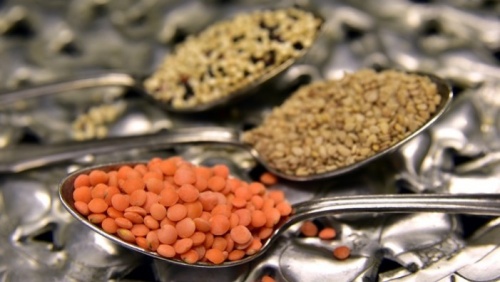
IN a recent study researcher Dr Kerry Mills has questioned whether low glycaemic index (GI) diets reduce body weight or markers of blood glucose in children, adolescents or adults.
Dr Mills, who is an adjunct professional associate at the University of Canberra, found that low GI diets are not effective as an intervention for overweight and obese people with diabetes.
The research published in “Obesity Reviews” challenges the theory behind a low GI diet, which, is that if a person eats low GI foods, for example lentils, they feel fuller for longer, do not get hungry as quickly, and therefore do not eat as much.
“To test the hypothesis, we conducted a systematic review and meta-analysis of randomised controlled trials comparing low GI diets with other diet types,” Dr Mills says.
The analysis included 101 studies involving more than 8500 participants and looked at groups within the overall cohort such as the type of control diet, blood glucose control, baseline body mass index (BMI) and dietary GI.
The study found that a low GI diet had limited effect, except in people with normal blood glucose levels, in whom moderate weight loss was recorded.
“Low GI diets, especially those achieving a substantial decrease in GI, were moderately effective in lowering body weight,” Dr Mills says.
“This suggests, however, that in these studies the participants strictly followed the diet.”
The study showed that low GI diets had no effect on weight loss in those participants who had a compromised insulin system or impaired glucose tolerance, or type 2 diabetes.
Dr Mills says this surprising result may be a consequence of the fact that people with impaired insulin sensitivity continue to feel hungry even when their blood insulin levels are high – a situation that would normally lead to a feeling of satisfied.
“It is clear from the study that a low GI diet is not effective in the case of obesity or overweight where type 2 diabetes is present, drawing the conclusion that it is not an effective solution for weight loss in these patients,” Dr Mills says.
Dr Mills says doctors should consider the presence of diabetes when recommending weight loss programs, and that dietary change should not take place without professional advice.
“At the end of the day, people with overweight or obesity should seek assistance from a registered dietician or general practitioner to ensure healthy weight loss,” she says.
Who can be trusted?
In a world of spin and confusion, there’s never been a more important time to support independent journalism in Canberra.
If you trust our work online and want to enforce the power of independent voices, I invite you to make a small contribution.
Every dollar of support is invested back into our journalism to help keep citynews.com.au strong and free.
Thank you,
Ian Meikle, editor




Leave a Reply